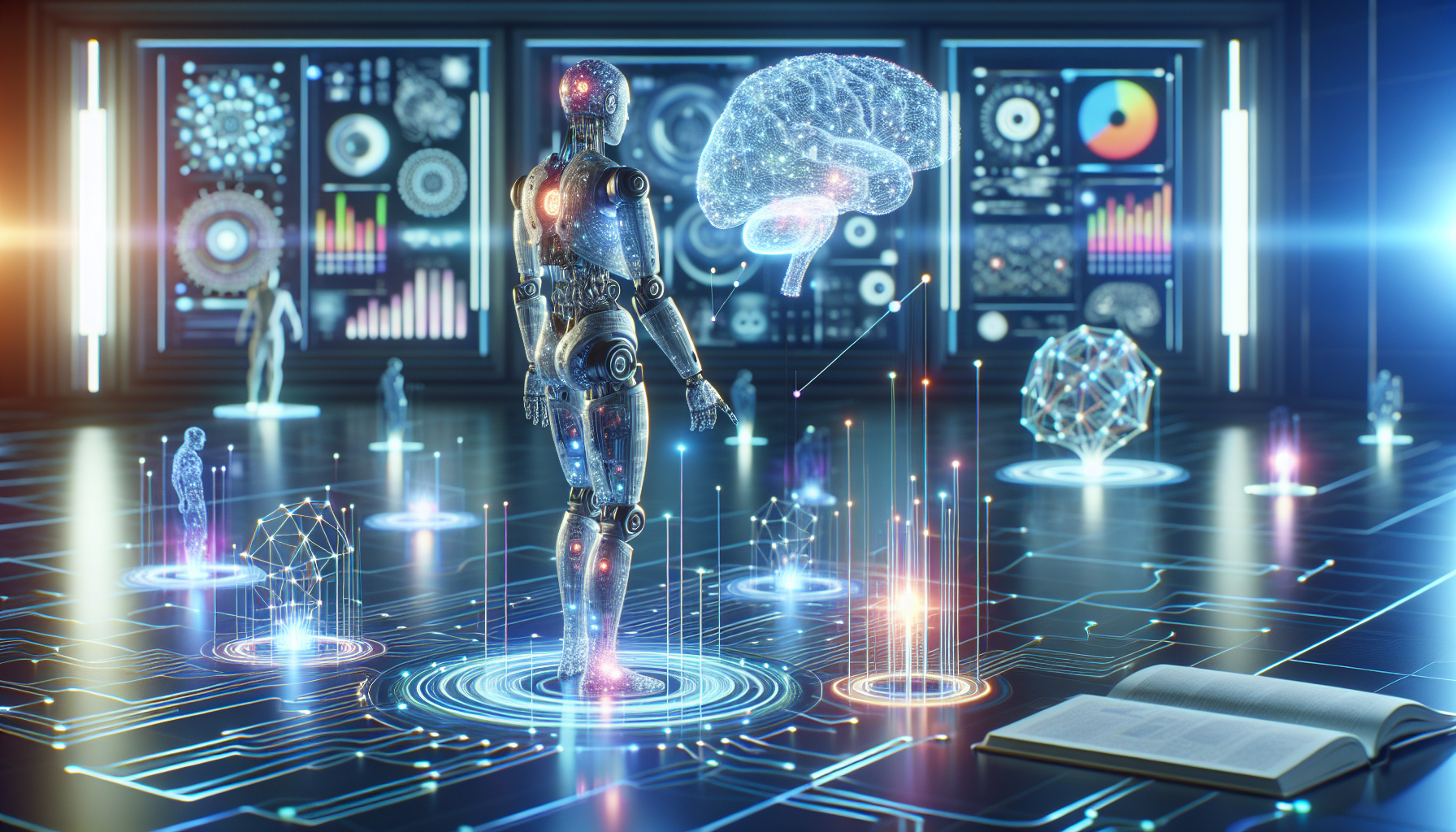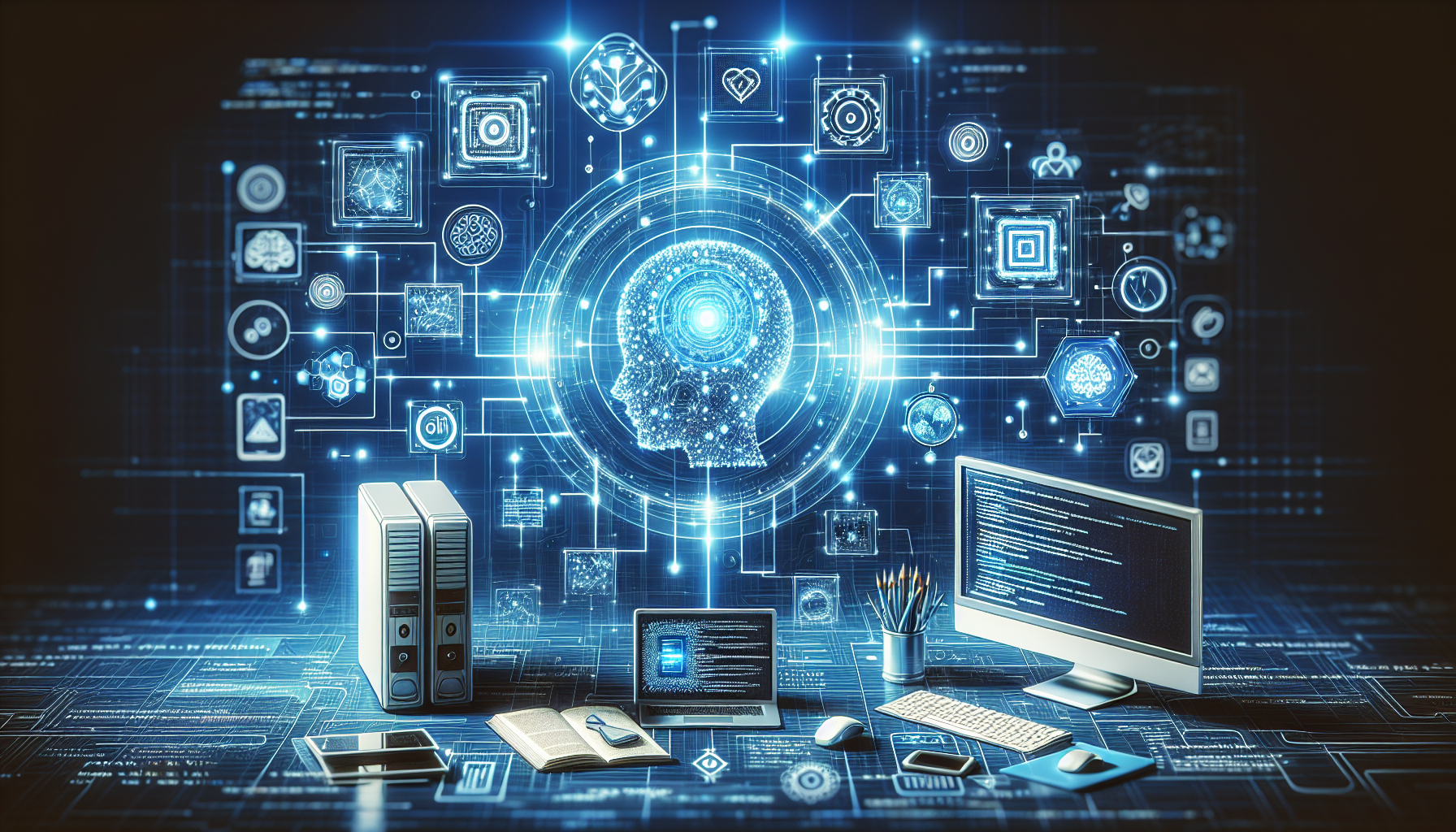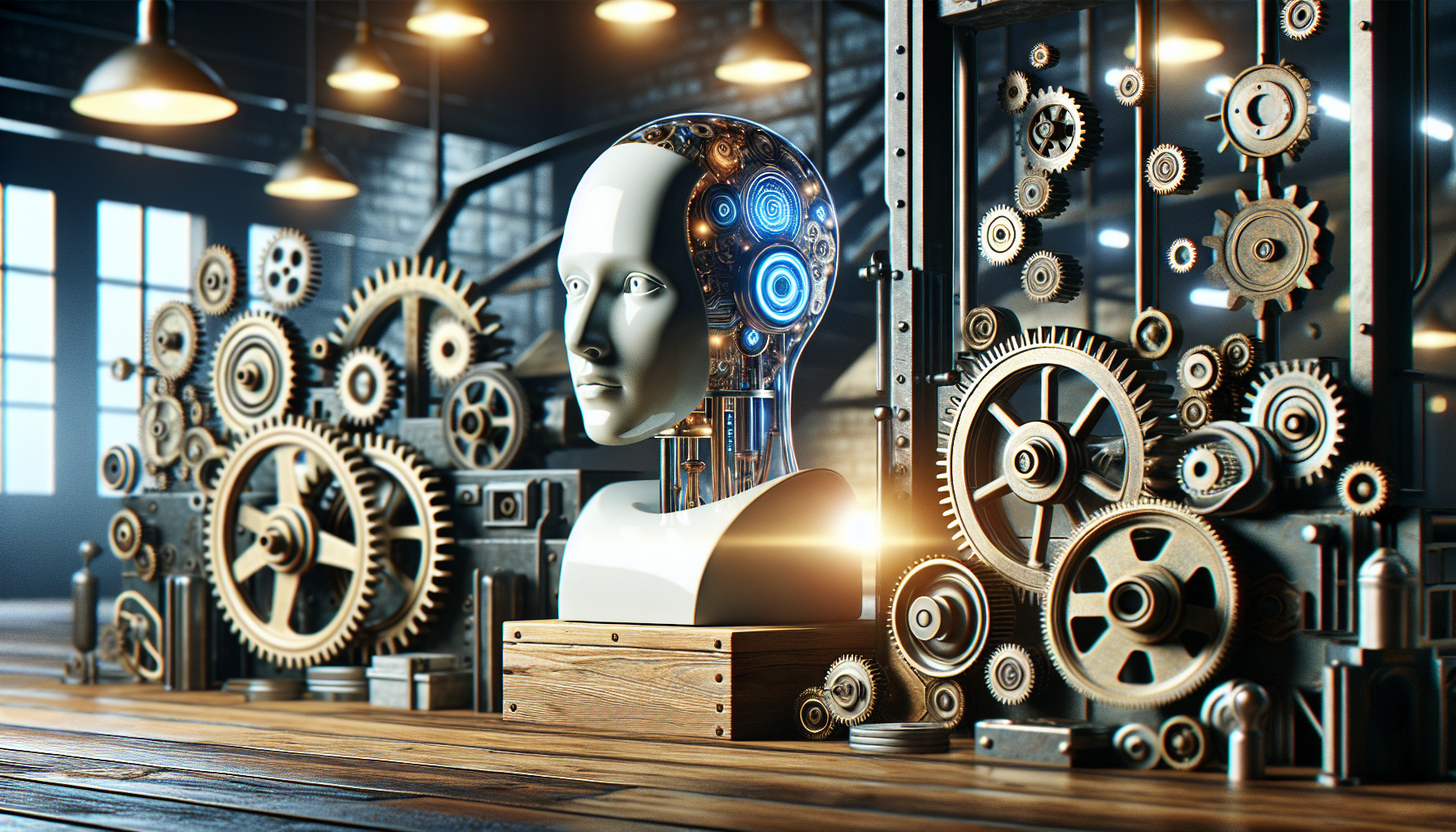
Artificial Intelligence and the Economy: Robots Steal Jobs, Humans Steal Lunches
July 6, 2025
Imagine a world where robots do all the work, humans sit back drinking piña coladas, and everyone lives in a state of perpetual leisure. Sounds idyllic, doesn’t it? Well, hold on to your hats, because while artificial intelligence (AI) certainly promises growth, it also brings some unsettling changes that are more akin to a sci-fi thriller than a utopian dream.
Let’s start by diving headfirst into the economic impact of AI, where its influence is as profound as it is peculiar. Like a teenager discovering avocado toast, businesses have embraced AI with enthusiasm, leading to substantial productivity gains. AI, with its ability to analyze data faster than a caffeinated squirrel, helps companies optimize operations, cut costs, and drive innovation. As a result, entire industries are experiencing growth spurts that could make a sequoia tree envious.
But before we start celebrating our impending robot overlords, let’s acknowledge the elephant in the room: job displacement. While AI is busy making everything more efficient, it’s also quietly elbowing humans out of the workforce. This creates a peculiar paradox: AI is both the hero and the villain of this economic saga. On one hand, it's generating new roles that sound as futuristic as they are confusing—AI ethicist, anyone? On the other hand, it's rendering some traditional jobs as obsolete as a CD collection in the age of Spotify.
Take the manufacturing sector, for instance. Automation in factories is as common as spilled coffee on a Monday morning. Robots are tirelessly assembling products with precision that would make a Swiss watchmaker weep with envy. Meanwhile, human workers are left wondering if they should retrain, retire, or simply run away to start a llama farm in the Andes.
Yet, it’s not all doom and gloom. AI is also creating opportunities in unexpected areas. The rise of AI has led to a surge in demand for professionals skilled in data science, machine learning, and AI programming. These roles are the new gold rush, attracting talent from all over the globe eager to cash in on the AI boom. Furthermore, AI-driven tools are democratizing the workplace, allowing people with diverse skills to contribute in ways previously unimaginable. Who knew that your penchant for cat videos could be parlayed into a lucrative career in AI-driven content creation?
As industries adapt, we’re seeing a growing trend towards reskilling initiatives. Companies, realizing their workforce is only as good as its last software update, are investing heavily in training programs. They’re turning accountants into data analysts and administrative assistants into AI whisperers. It’s like a corporate version of The Great British Bake Off, but with more spreadsheets and fewer soggy bottoms.
This transformation also extends to sectors like healthcare, where AI is playing the role of a digital Florence Nightingale. From diagnosing diseases with the precision of a laser-guided missile to personalizing treatment plans, AI is revolutionizing patient care. However, it’s also nudging some medical professionals into new roles, such as AI system supervisors or human touch specialists—because let’s face it, robots are notoriously bad at bedside manner.
In the grand scheme of things, AI is a bit like that friend who insists on doing karaoke: entertaining, slightly unpredictable, and occasionally disruptive. For businesses and employees alike, navigating this AI-driven economy requires a nimble approach and a willingness to embrace change. It’s a thrilling ride that promises growth, innovation, and, yes, a bit of chaos.
So, as we ponder the future economic landscape shaped by AI, one must ask: will humans find new ways to assert their value, or will they simply become the world’s most advanced coffee-fetchers for their AI bosses? Perhaps the real challenge lies not in outsmarting the machines, but in ensuring that our own creativity, empathy, and humor remain at the heart of our economic endeavors. As we continue this high-stakes tango with technology, the question isn’t whether AI will take over, but how we’ll adapt and thrive alongside it.


